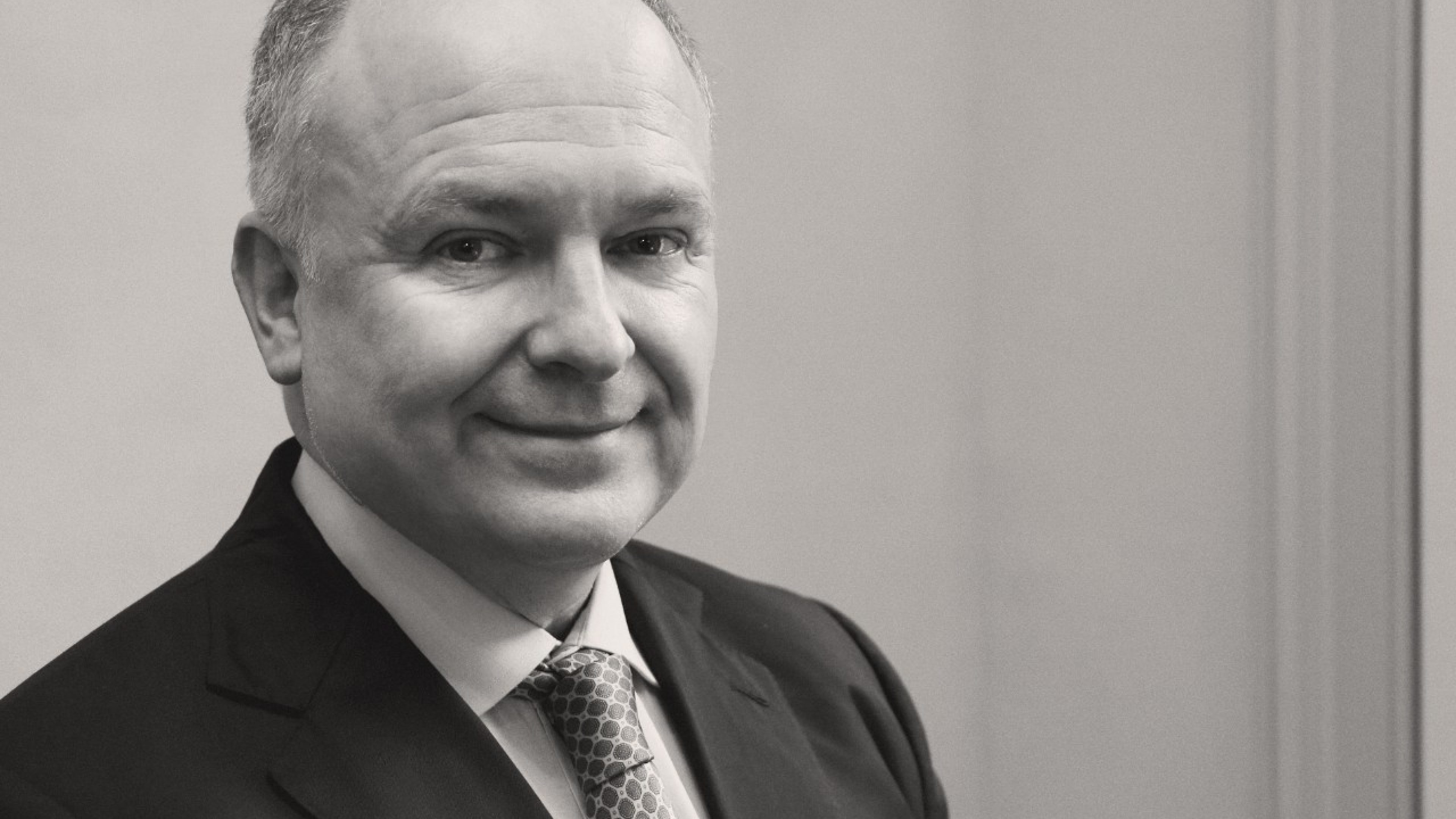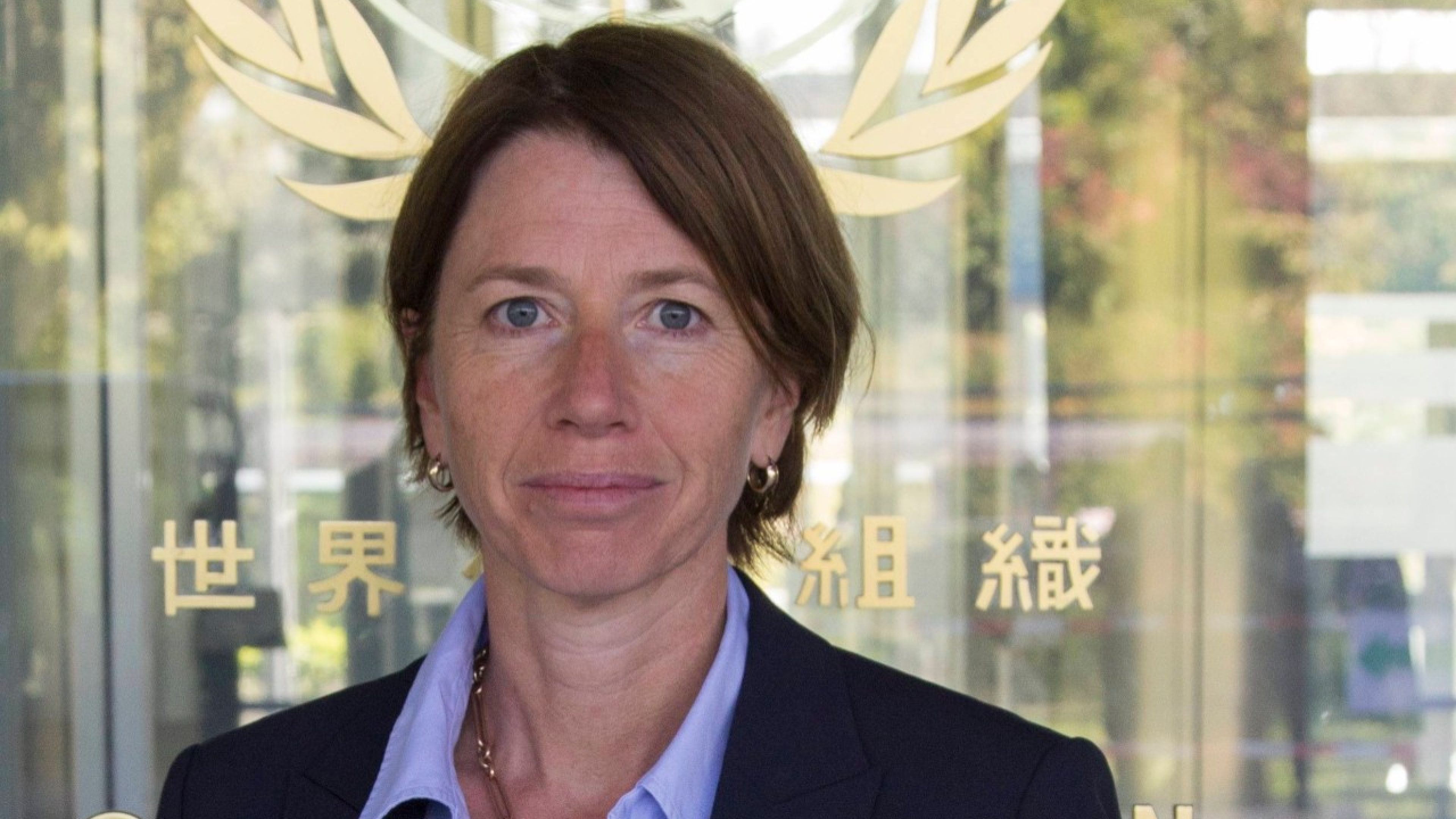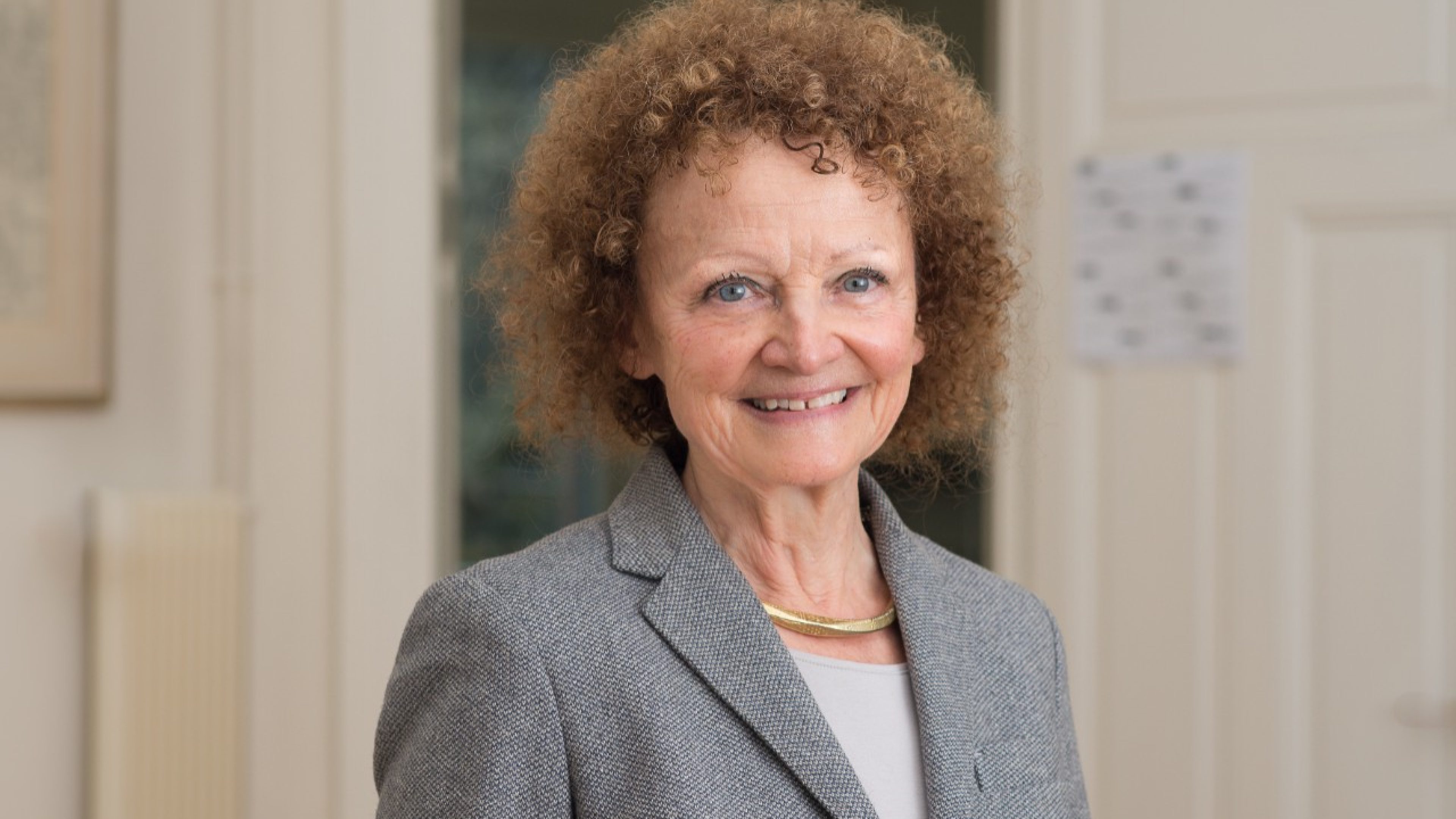British professor Andrew Scott sees a longer life as a gift many people aren't aware of. That's why he wrote the book "The 100-Year Life" to prompt debate on the subject. In this interview he explains why writing the book led him to question aspects of his own life.
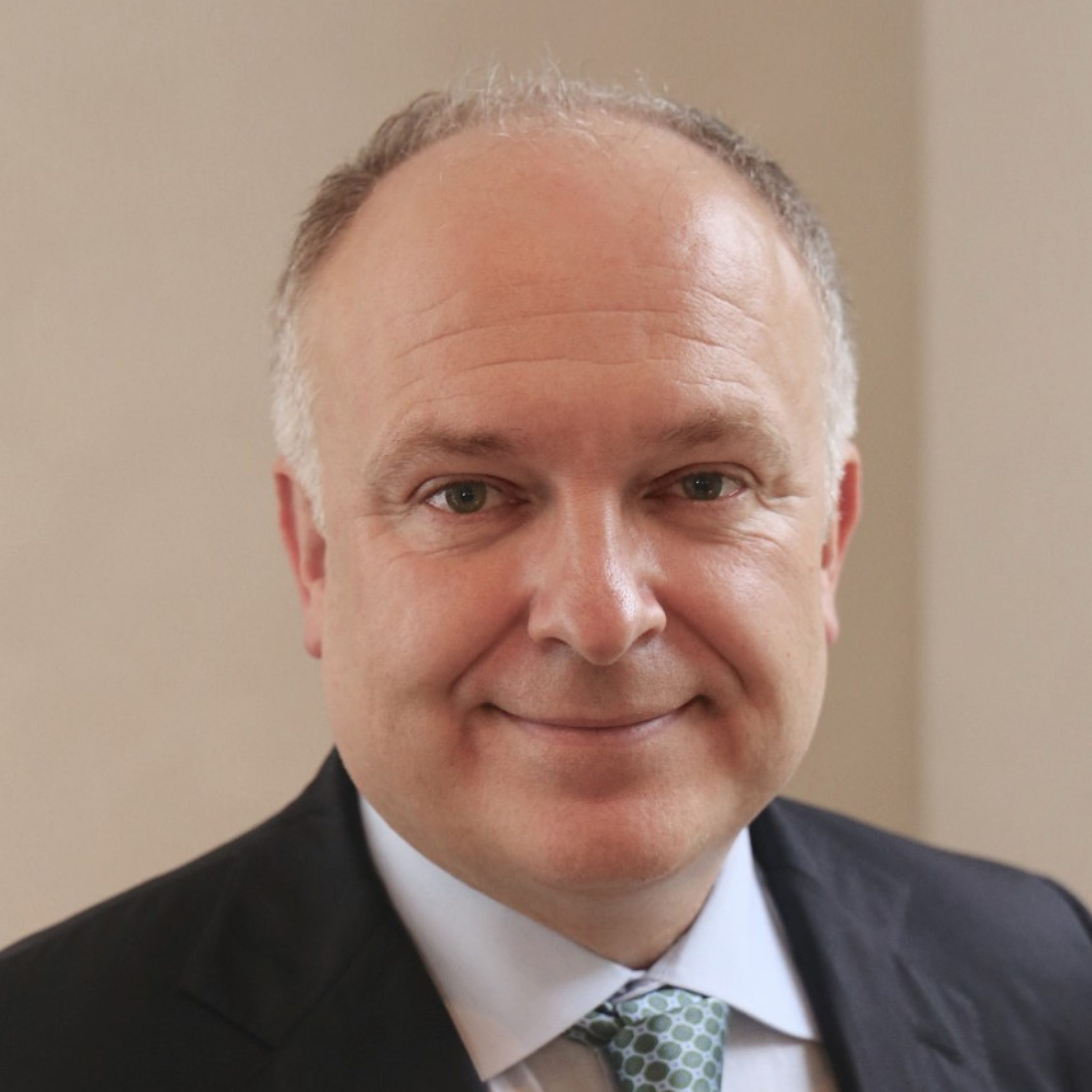
Andrew Scott, your book "The 100-Year Life" recently came out. What's it about?
Compared to past generations we have a lot more life to live. The book is about how both individually and as a society we need to change how we structure life in response to longer life expectancy. So far too much of the debate has been about ageing and end of life issues like pensions and Alzheimer’s. This is to misunderstand longevity – a longer healthier life requires changes at all stages of life.
What are you trying to achieve with the book?
The first and most important thing is we want people to think about how they structure their life. Most people aren’t aware of how long they can expect to live and so are in danger of not being prepared and not seizing the great benefit of longer life expectancy.
Secondly we want to start a public debate about this topic. It is striking how little the issue is discussed, which means people are ill informed. The third thing is that we want to change the world! A longer life is a great gift but not if we persist with outdated structures. We need to change things at a national and global level. I hope this book contributes in part to that change.
What approach did you use to write it?
Our aim was to write a practical book that would be easy to understand, so as many people as possible would begin to address the issue. We did that by creating three fictional characters: Jack, 70; Jimmy, in his mid-40s; and Jane, 18. Each person has a different life expectancy, different starting point and is in a different stage of life. We were able to use these people to show the central issues, especially the question of wealth – both material and immaterial, financial and non-financial. If you want to have a good life, you must invest in financial assets, for example pensions and property, but also in intangible assets like knowledge and relationships.
You spoke to a lot of people before beginning. How do people feel about getting increasingly older these days?
We try very hard to get people to focus on the opportunities that a longer life brings. Of course ill health, mental frailty and poverty are genuine worries and need to be part of your planning. But the key message is clear. On average we are living longer than our parents and most of those extra years are healthy ones. That seems to liberate people and make it more something they are excited about. Seeing that response is inspiring. I hope we can get governments to start trying to build that more positive attitude around longevity rather than focus just on death, illness and poverty.
What did you learn during your investigations that surprised you the most?
For me two things. A longer life means more transitions and ensuring that you are well equipped. Being comfortable with change will be a key characteristic of making a good life. The second is understanding why people in their twenties today are behaving so differently from past generations. The 18-30 demographic are marrying later, having children later and starting their careers later.
Do young people today realise they may reach 100 years or more?
Of all the groups it is probably the younger generation who seem to have an awareness of a longer life. I guess they see their parents fit and healthy in their 50s, 60s and 70s and are factoring that into their analysis.
What are the advantages of such an awareness?
Awareness is crucial. Living for 100 years rather than 70 is like running a 15km race rather than a 10km race. You just pace yourself differently and if you don’t realise that at the start then you don’t run a good race.

Is the classic path of education, work and retirement out of date?
We believe the three-stage life is already beginning to fragment and soon will blow up. It was created for a life expectancy of 70 with a retirement age of 65. If we live to 100 we can’t afford to retire at 65, and if we work till our late 70s we don’t want to have a 60-year career. Over the last two hundred years life expectancy has increased by two to three years every decade. That’s like getting 5-8 hours more at the end of every day. If that did happen we wouldn’t get up at the same time, we wouldn’t go to bed at the same time and we wouldn’t have three meals equally spread out across the day. We would wake at different times, go to bed later, perhaps take a mid-day nap, have four or five smaller meals or whatever.«The 100-year Life» came out on 2 June 2016. It is written by two British authors, Lynda Gratton and Andrew Scott, who describe how life and work are changing as people live longer. Andrew Scott is Professor of Economics at London Business School and a Fellow of All Souls, Oxford University and the Centre for Economic Policy Research. His research and advisory work focuses on the short and long run forces that affect governments and business. You can find all the information about the book on «The 100-year Life» website.
So you don't think retiring at 65 is in tune with the modern world?
Exactly. To retire at 65 given how long we live requires a level of saving while you work that is too demanding for most people. Furthermore, even if you can afford it, 35 years is a long time to spend on the golf course. If we live for longer we will retire later. It’s already happening and that trend will only increase.
What are your plans for the rest of your 100 years?
I am 50, so sadly my life expectancy isn’t 100 – probably late 80s or early 90s. It’s been strange writing this book as inevitably it’s made me think about my own life and whether my own plans are consistent with living for longer. It’s made me realise I have to invest in my own health, make sure that my friends and networks don’t become too narrow but keep me open-minded and flexible. Last but not least, I need to make sure I don’t get stuck in habits that stop me adjusting as my life continues.
Interview: Atréju Diener, Pictures: Lukas Kroulik
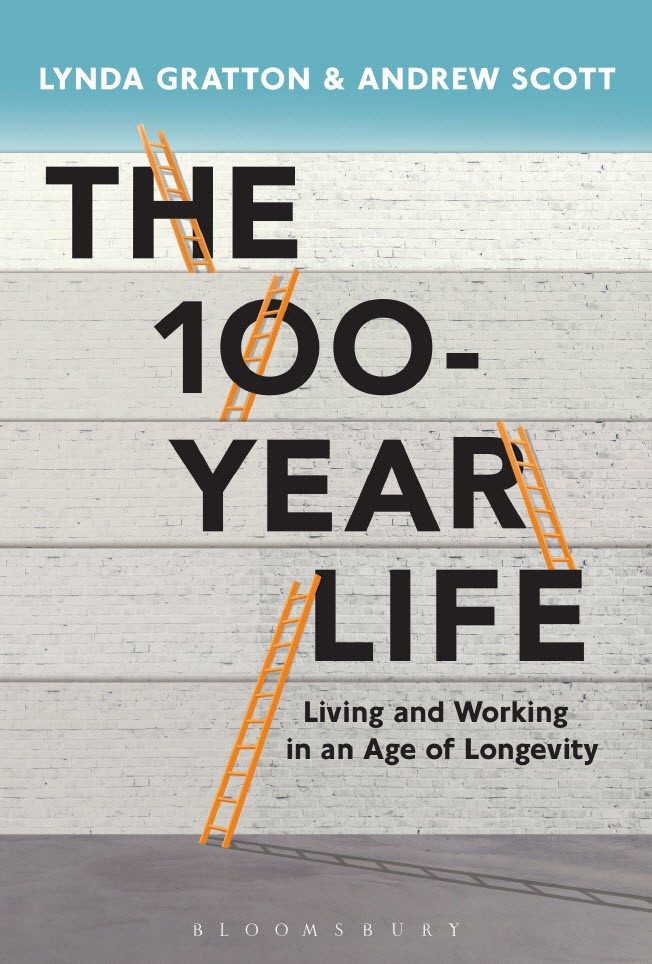

«The 100-year Life» came out on 2 June 2016. It is written by two British authors, Lynda Gratton and Andrew Scott, who describe how life and work are changing as people live longer. Andrew Scott is Professor of Economics at London Business School and a Fellow of All Souls, Oxford University and the Centre for Economic Policy Research. His research and advisory work focuses on the short and long run forces that affect governments and business. You can find all the information about the book on «The 100-year Life».
